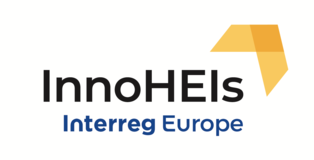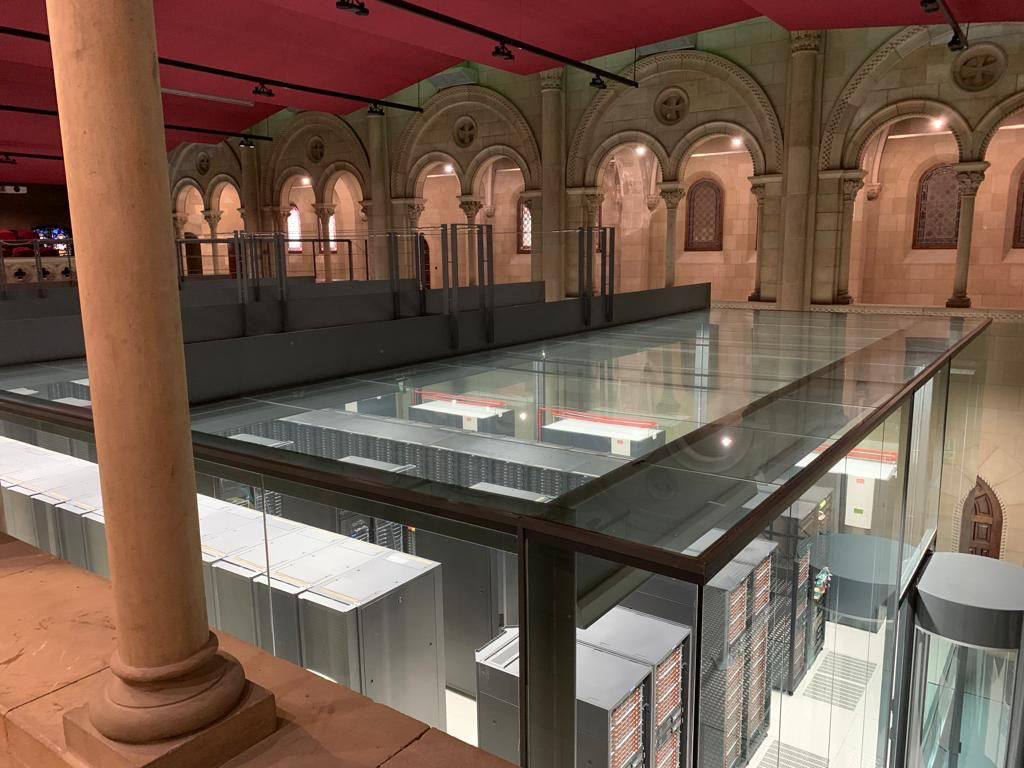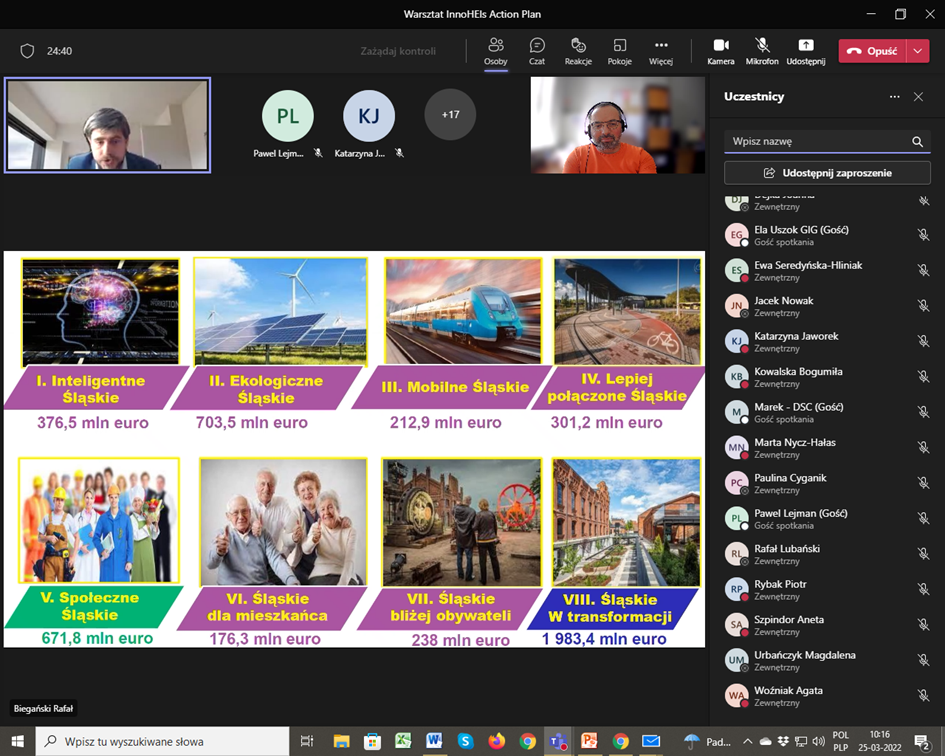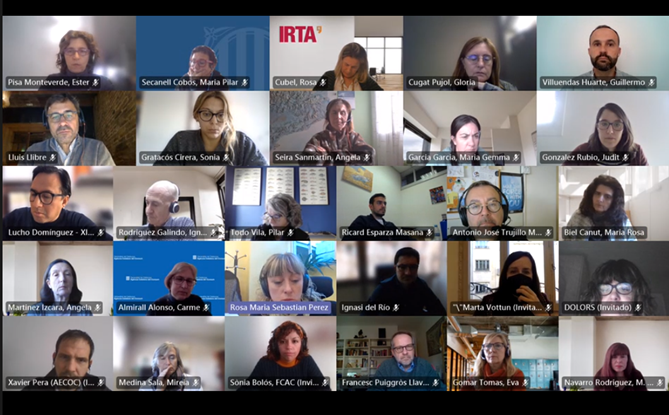The InnoHEIs project has encouraged companies and SMEs to utilise the research and innovation infrastructures of higher education institutions more efficiently. Open research, development, innovation, and learning environments can strongly support business growth and internationalisation of businesses and the whole ecosystem. The project has delivered impact and learnings also for TAMK in both RDI related actions as well as in teaching and training. Furthermore, cooperation with the Council of Tampere Region has strengthened: TAMK has brought applied, grass-roots expertise and knowledge of how policy and EU guidance affect practice also for public authorities responsible for regional development.
TAMK’s InnoHEIs project team is delighted that the objectives of the international project have been met and exceeded. This has also been noted by the European Commission, which has praised the project.
“We have had some quite innovative approaches. We hope that the good work will continue even after the project comes to an end. The Commission has also expressed the hope that this important issue will continue to be developed in European higher education institutions," says Project Manager Hanna-Greta Puurtinen.
TAMK has been an active member of the European Network of Living Labs (ENoLL) since 2009. ENoLL’s activities are also strongly linked to the InnoHEIs project. The network strengthens the use of living labs provided by higher education institutions. Living Labs can solve big and small problems for businesses, anticipate needs and find new opportunities while facilitating demonstrations and pilots in real life settings.
“We use the ENoLL network to learn, exchange good practices and deepen cooperation with businesses and stakeholders. In this project, the Council of Tampere Region has been an important partner," says Puurtinen.
The project also gave numerous new inputs to the lecturers.
“This first Interreg Europe funded project in TAMK has provided a lot of learnings in many ways. This new funding instrument and the activities included within opened up the idea that we can in practice influence a regional policy instrument such as the European Regional Development Funds (ERDF). We already have ideas for the future," says Petri Pohjola, Senior Lecturer from TAMK’s School of Industrial Engineering.
Pohjola's colleague Timo Rainio fully agrees.
“It has been great to see that through project activities, both TAMK and us teachers have the opportunity to have an impact at regional and national level."
Tampere Region's research environments are now brought together
There are dozens of different research, development, innovation and learning environments in Tampere Region’s educational institutions and companies. TAMK’s project team was even a bit surprised by their high number. Consequently, the project team made a mapping exercise and network description of the environments and the services they offer. The innovation situational picture will be maintained by the Council of Tampere Region after the end of the project.
The virtualisation of environments became topical with the introduction of the coronavirus. The virtualisation made the work easily visible in two ways.
“We created a virtual 360 model of the research environments, which is also part of their presentation online. A natural-feeling experience was made possible by augmented reality. At the same time, we also made visible the industrial XR expertise that exists in our region. Virtualisation became almost a standard and attracted interest in project’s European partners," Pohjola says.
Additionally, the team contributed to the creation of SIXLabs Playbook, an online guidebook to access research and innovation infrastructures and their services in the Tampere Region. This practical playbook explains how labs can be used effectively from the perspective of both research infrastructure providers and their customers.
The team members have also been involved in Tampere Region’s digital compass work, where different levels of education and regional actors cooperate to promote digitalisation within and between all fields and sectors.
“We took the best practices up to the Interreg Europe good practice portal and wrote several articles and other publications," says Puurtinen.
Read more via: www.tuni.fi/en/news/projects-can-also-provide-way-influence-regional-policies
Text: Hanna Ylli









